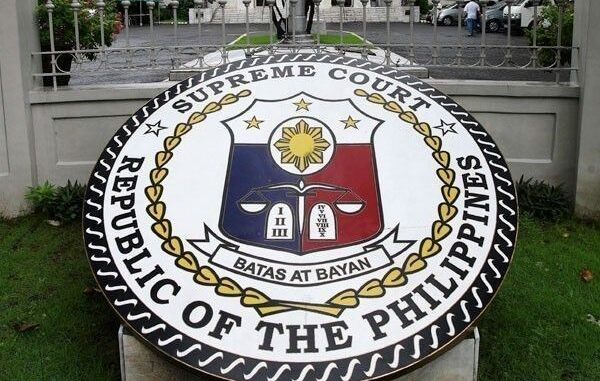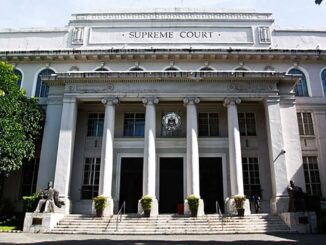
MANILA, Philippines — The Metropolitan Manila Development Authority and the Land Transportation Office have asked the Supreme Court (SC) to lift the temporary restraining order (TRO) and dismiss petitions against the No-Contact Apprehension Policy or NCAP.
In their reply submitted by the Office of the Solicitor General (OSG), the agencies said traffic violations monitored through CCTV have increased to 257,000 since the SC issued the TRO in August 2022.
About 32,000 violations were recorded in May 2023 alone, compared to the 9,500 average traffic violations per month before NCAP was suspended, the two agencies claimed.
The OSG noted the difficulty experienced by the MMDA in enforcing the exclusive bus lane along EDSA without CCTV help in apprehending violators, which also supposedly led to some accidents.
The MMDA and local government unit respondents could also not reasonably apprehend traffic offenders amid a supposed increase in the number of accidents in Metro Manila in the last quarter of 2022, the OSG argued.
It added that since the conclusion of the oral arguments on the case in January 2023, there have been developments that necessitate the resumption of the NCAP, such as the single-ticketing system adopted by the Metro Manila Council beginning May 2023.
“The prompt resolution of the pending petitions will enable the government to implement needed measures to better manage the traffic situation in Metro Manila and contribute to an improving economy and way of life,” the OSG said.
The OSG also reiterated that NCAP ordinances do not violate the constitutional right to privacy of motorists, and the information necessary to carry out the functions of public authority is outside the scope of the Data Privacy Act of 2012.
Groups including the Kilusan sa Pagbabago ng Industriya ng Transportasyon Inc., Pangkalahatang Sangguniang Manila and Suburbs Drivers Association Nationwide, Alliance of Transport Operators and Drivers Association of the Philippines and the Alliance of Concerned Transport Organization filed a consolidated petition in 2022 to stop the NCAP.
The transport groups challenged the constitutionality of the program. Motorists also complained of the arbitrary imposition of excessive fines, along roads with inadequate traffic infrastructure, with the bulk of the fines going to a private service provider. They questioned whether traffic enforcement can be outsourced to a private entity.
NCAP were invalid since there are no existing national laws that allow for local implementation.





Be the first to comment